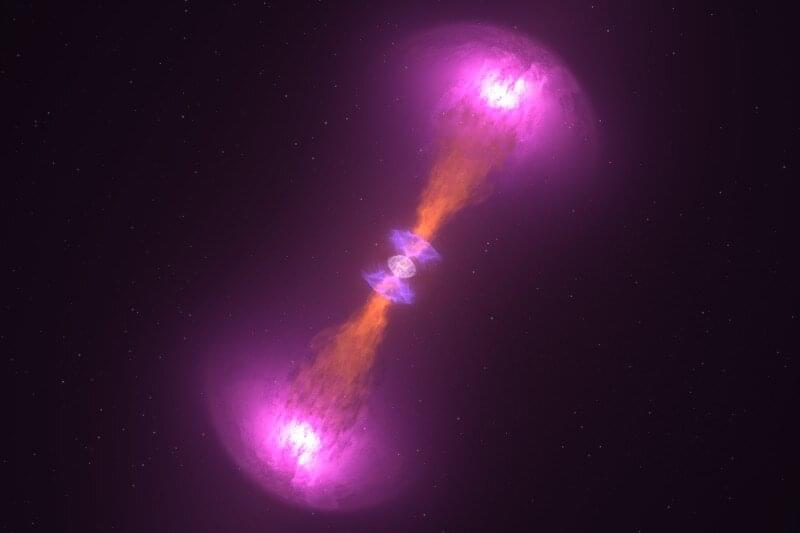The oscillations in binary neutron stars before they merge could have big implications for the insights scientists can glean from gravitational wave detection.
Researchers at the University of Birmingham have demonstrated the way in which these unique vibrations, caused by the interactions between the two stars’ tidal fields as they get close together, affect gravitational-wave observations. The study is published in Physical Review Letters.
Taking these movements into account could make a huge difference to our understanding of the data taken by the Advanced LIGO and Virgo instruments, set up to detect gravitational waves —ripples in time and space—produced by the merging of black holes and neutron stars.
